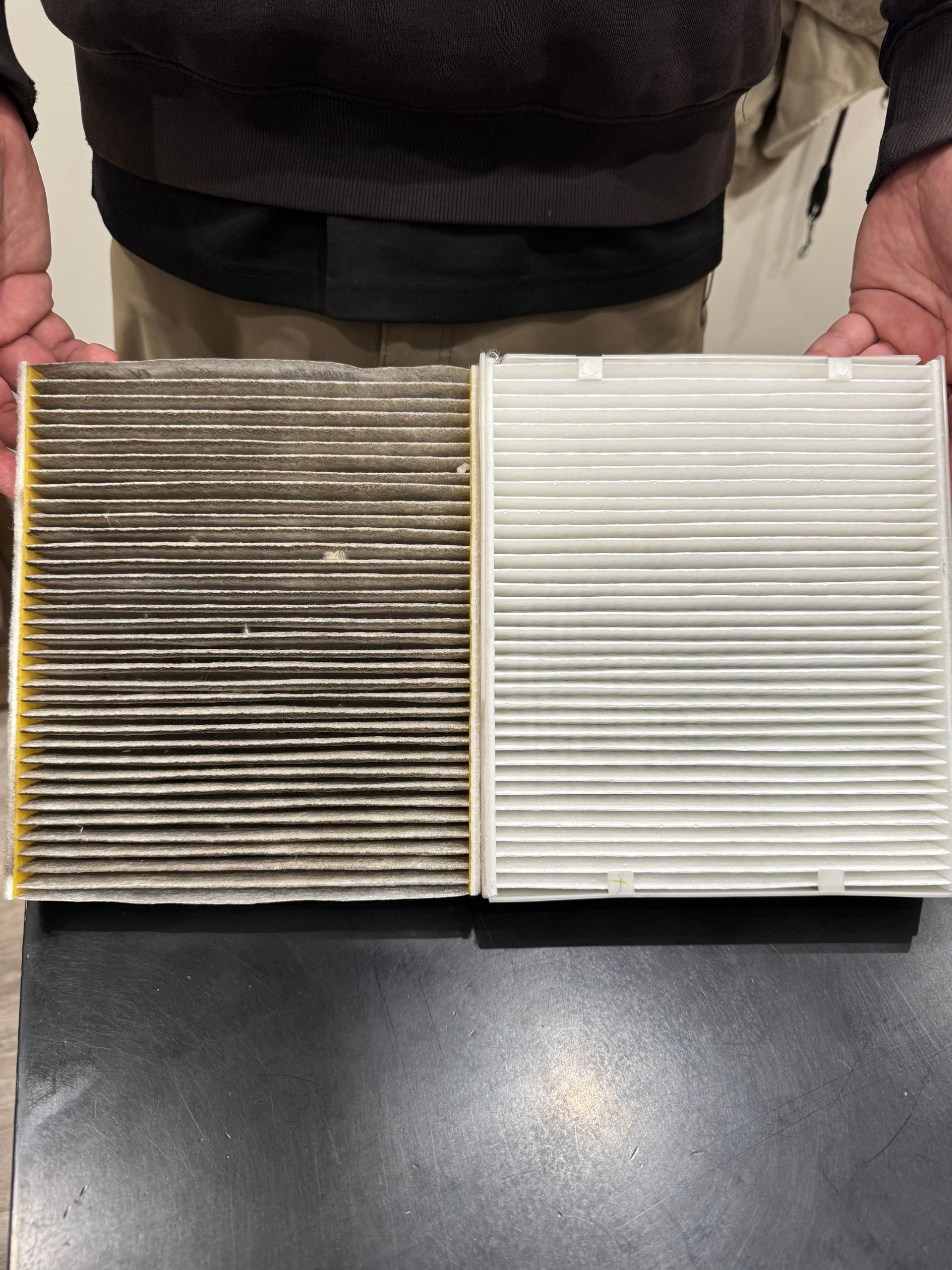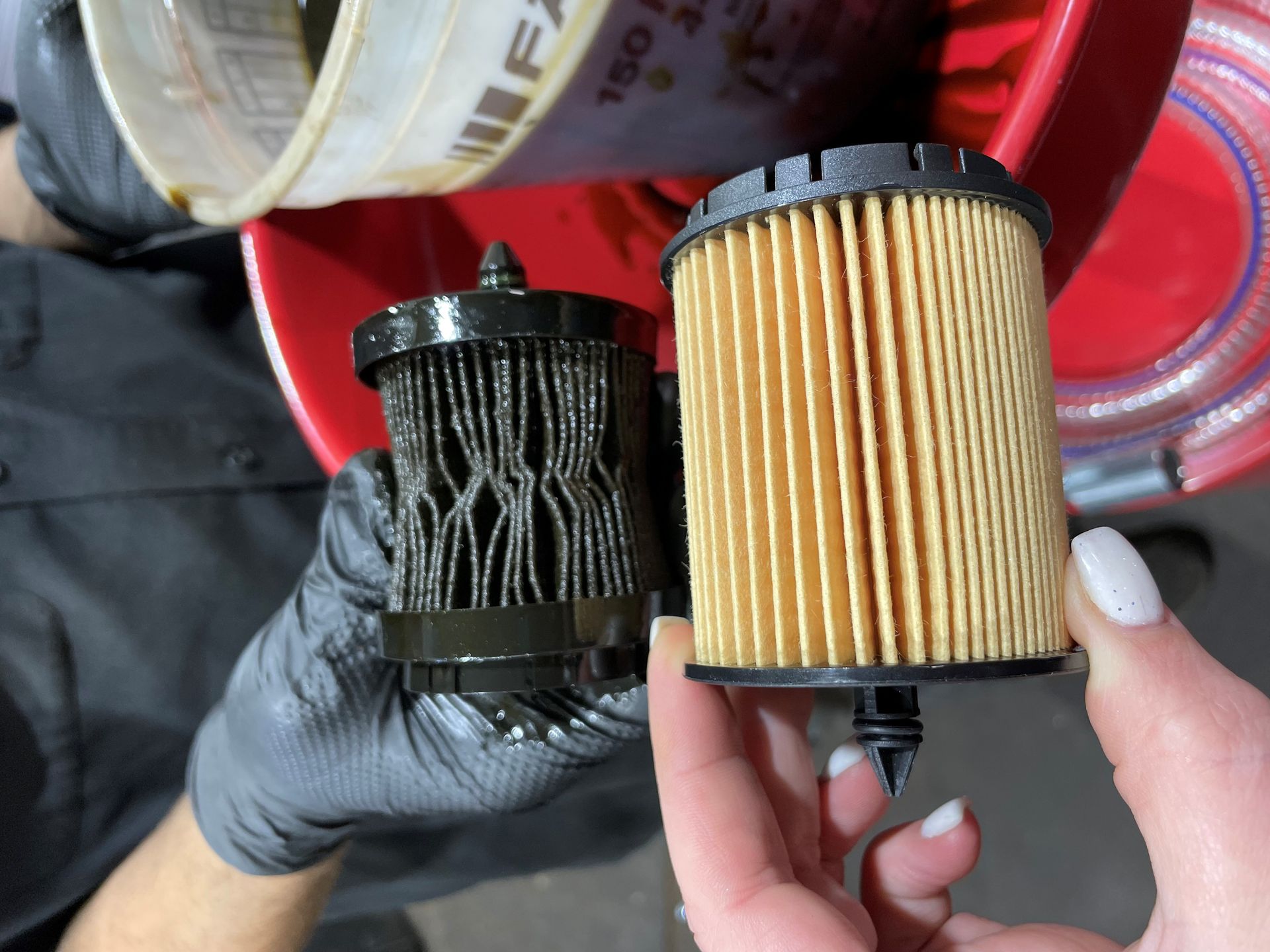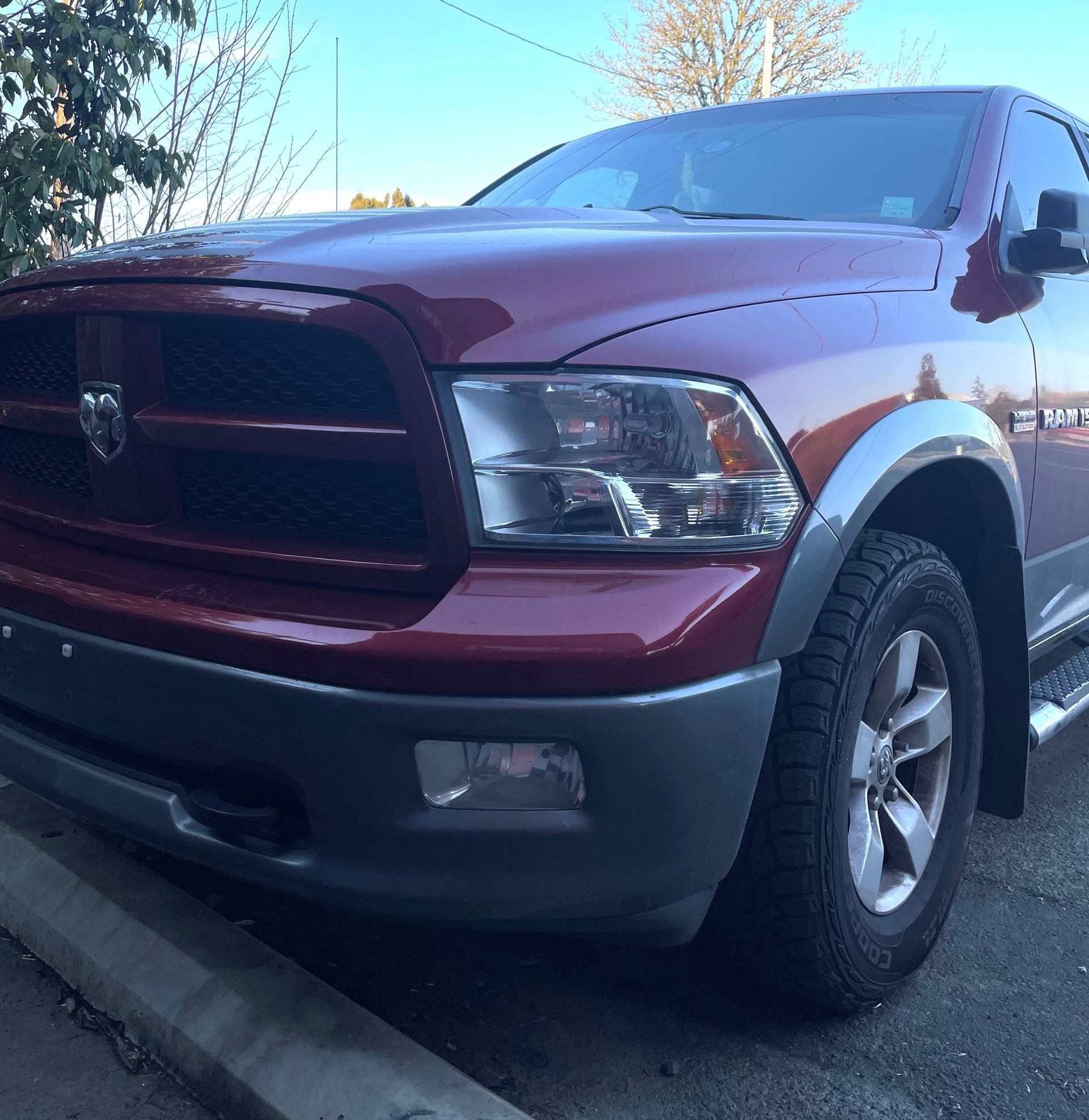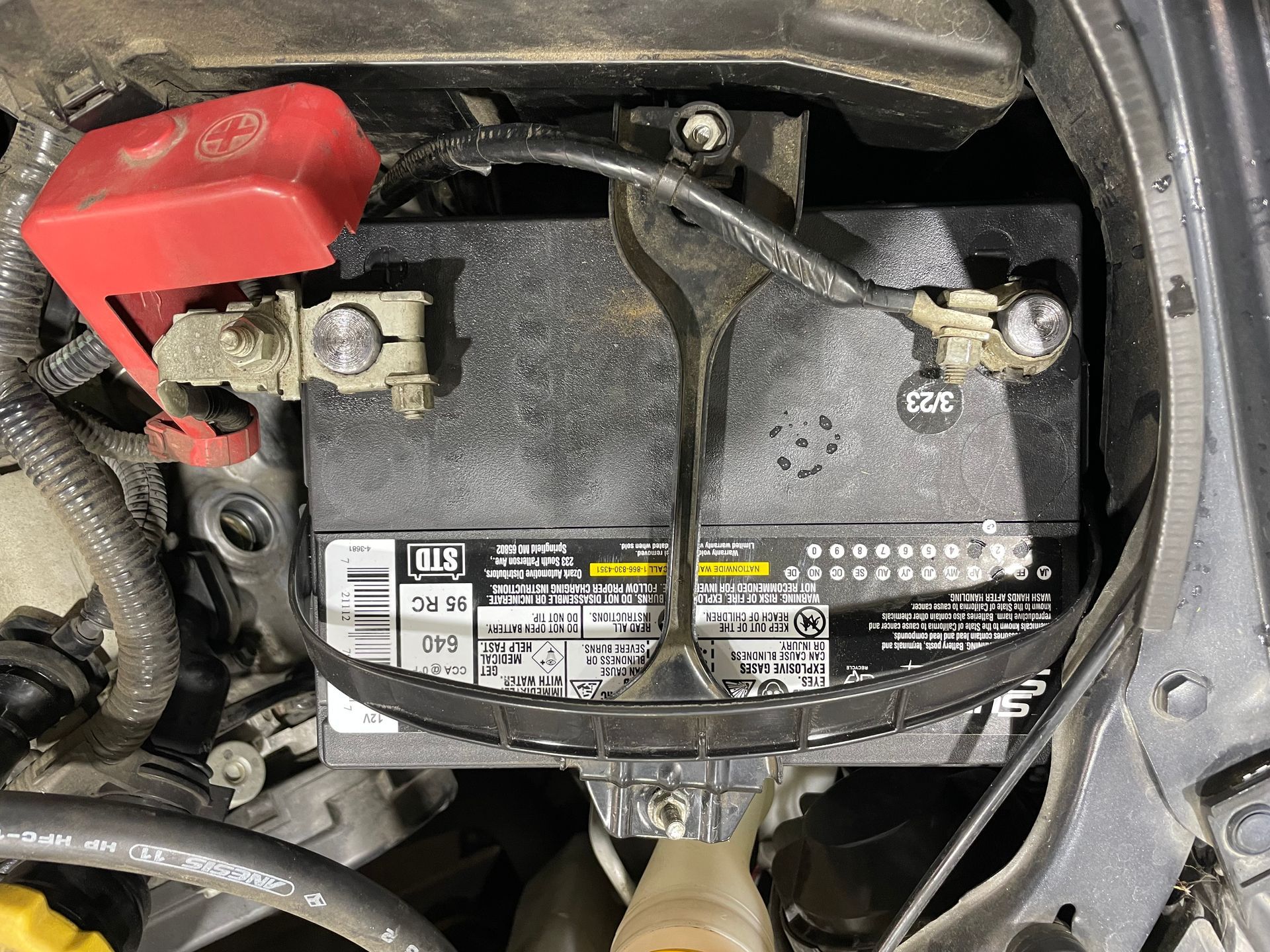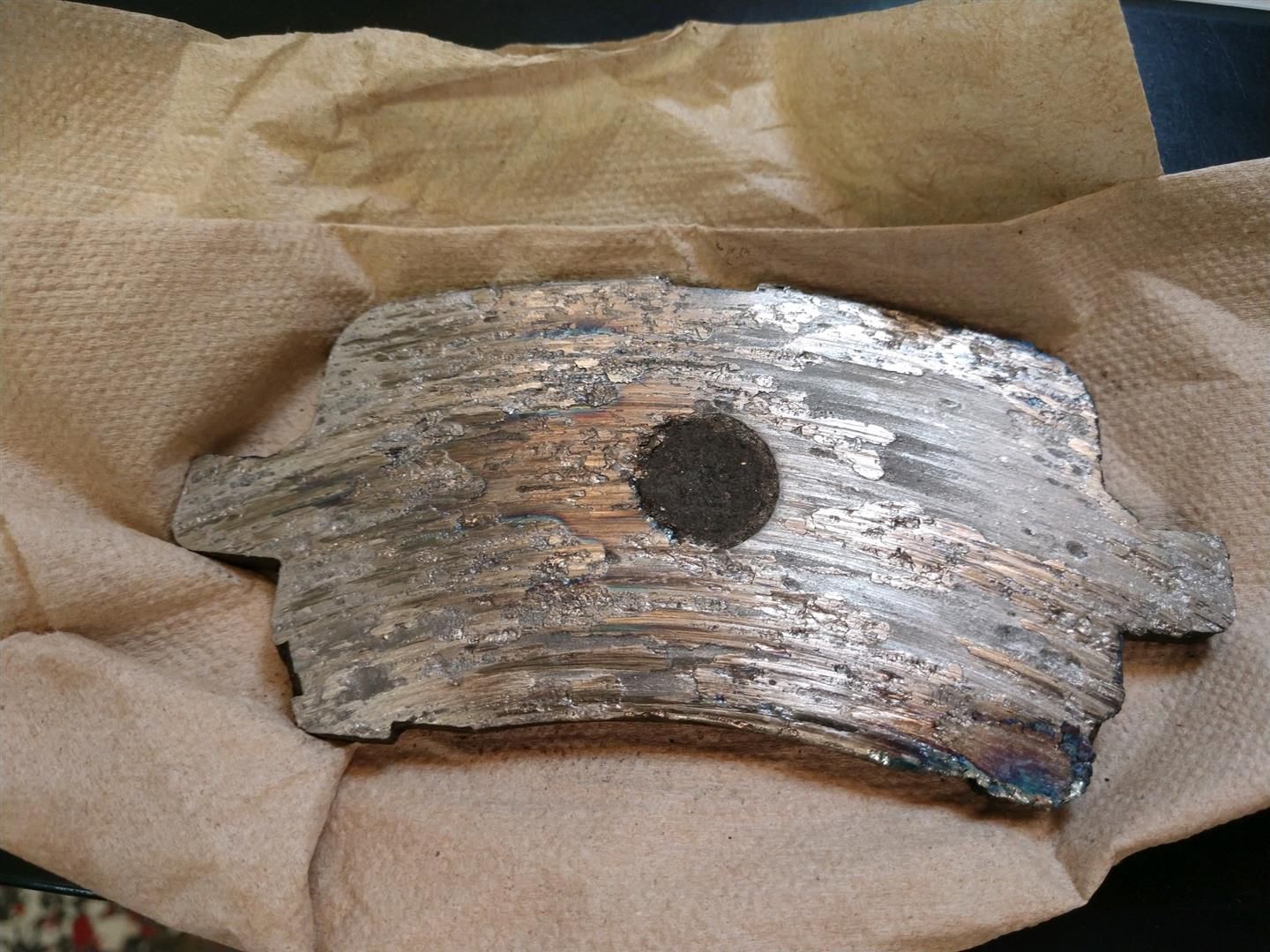Loading ...
Missing business hours data / Error occurred while getting the data.
Loading ...
Missing business hours data / Error occurred while getting the data.
Engine warming up slowly?

While a slow warm-up might seem like a minor inconvenience, it can sometimes signal a bigger problem.
It’s important to understand that some cars naturally take longer to warm up than others. Factors like engine size, outside temperature, and the efficiency of your car's heating system all play a role. In general, you should start to feel warm air from your vents within a few minutes of starting your car, even on a cold day. If it's taking significantly longer than that, it's time to investigate.
- Thermostat Issues: The thermostat is a small but crucial valve that regulates the flow of coolant through your engine. When it's cold, the thermostat stays closed, allowing the engine to warm up quickly. If the thermostat is stuck open, coolant will constantly circulate, preventing the engine from reaching its optimal operating temperature. This is often the most common cause of a slow warm-up.
- Coolant Problems: Low coolant levels or old, contaminated coolant can also hinder the warm-up process. Coolant is essential for transferring heat away from the engine, and if it's not doing its job properly, your engine will struggle to reach operating temperature.
- Heater Core Problems: The heater core is a small radiator that transfers heat from the engine coolant to the air blowing into your car's cabin. If the heater core is clogged or malfunctioning, it won't be able to effectively warm the air, even if your engine is up to temperature.
- Faulty Sensors: Modern cars rely on a network of sensors to monitor engine temperature and other vital parameters. A faulty temperature sensor can send incorrect information to the car's computer, affecting the warm-up process.
- Problems with the Heating System Components: Issues with the blower motor, hoses, or other components of the heating system can also restrict the flow of warm air into the cabin.
A slow warm-up can be more than just a nuisance. By understanding the potential causes and taking prompt action, you can keep your car running smoothly, save money on fuel, and ensure a comfortable driving experience, even on the coldest of days. Stay warm and drive safe!
Give us a call and let us take care of you.
Happy Adventures,
Heather
Loading ...
Missing business hours data / Error occurred while getting the data.
Having Trouble Finding Us?
Loading ...
Missing nap lines data / Error occured while getting the data.


